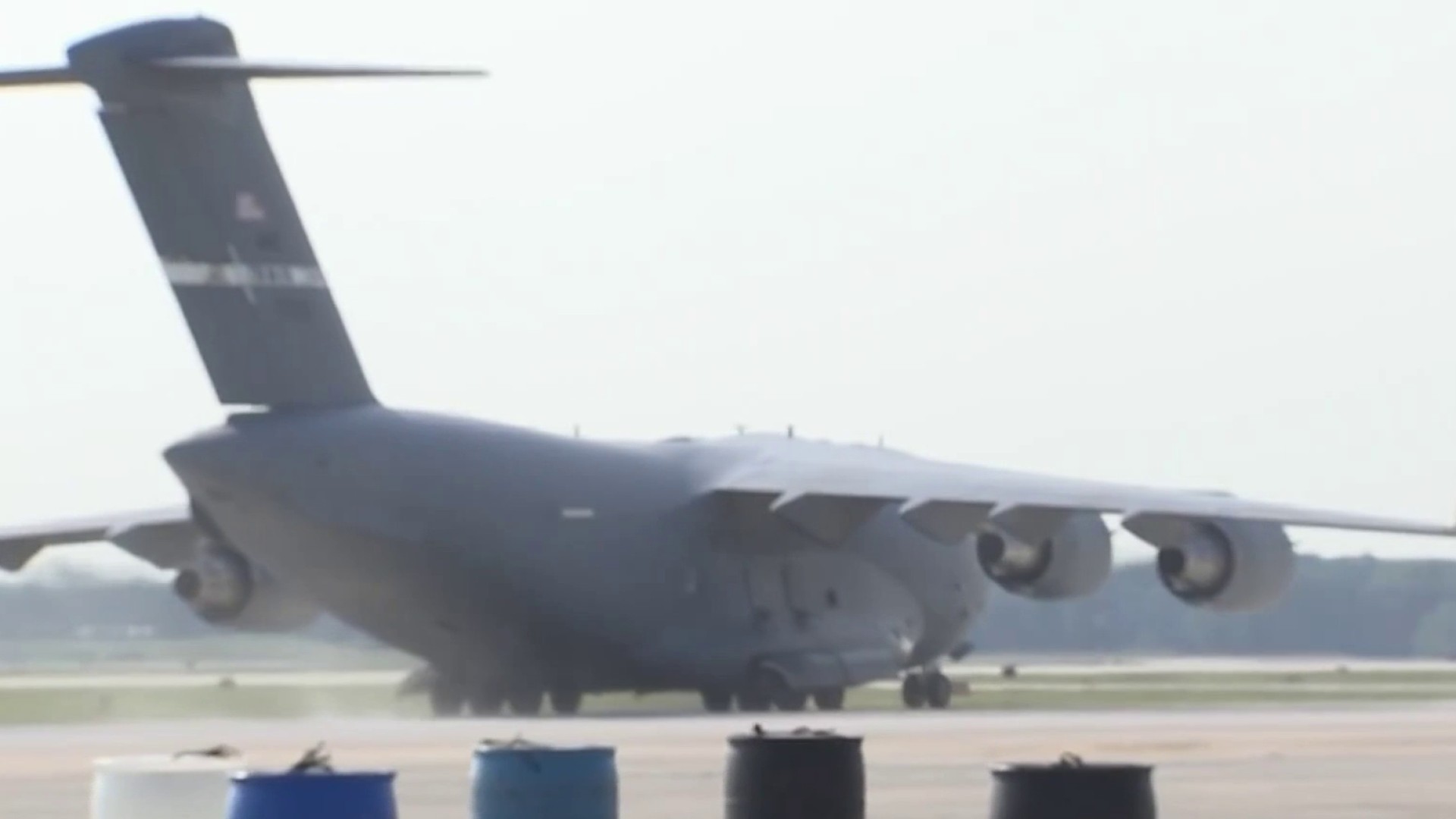On a field in McLean, Virginia, Shahrad Nasajpour practices discus to prepare for the Paralympics in Tokyo, when he will compete on a team of refugees he helped create. He’s weeks away from competition, but one particular group of refugees is not far from his mind.
Nasajpour, who has cerebral palsy, came to the U.S. from Iran seeking asylum in 2015.
He recently moved to D.C. from Arizona to go to graduate school at George Washington University.
“I’m going to Tokyo in a couple of days,” he said. “I feel like, great, you know. It’s a great thing to do.”
We've got the news you need to know to start your day. Sign up for the First & 4Most morning newsletter — delivered to your inbox daily. >Sign up here.
Nasajpour learned to throw the discus in Iran when he was 19 years old. A few months after he got to the U.S., he heard the Olympics were going to have a Refugee Team and reached out to the committee.
“I was the person to bring the thought to have this team for the Paralympic Games,” he said.
After receiving their approval, he competed in the Rio Paralympics in 2016.
Local
Washington, D.C., Maryland and Virginia local news, events and information
“Rio was great because like you said, it was the first time I went to the Paralympic Games, representing the Refugee Team. So it was a great experience,” Nasajpour said.
Soon it will be time to experience competition in Tokyo.
“I’m very excited for being on the team again,” he said.
His excitement, however, is coupled with concern for Afghan refugees, many of whom are desperately trying to escape the Taliban following the collapse of Afghanistan’s government.
“It’s very heartbreaking the things happening right now in Afghanistan,” Nasajpour said.
His dedication to his sport on a world stage may help bring hope to other refugees like him -- hope for a life filled with freedom, equality and an opportunity to succeed.
“The Refugee Team message is to bring hope for the refugee asylum seekers,” Nasajpour said.



